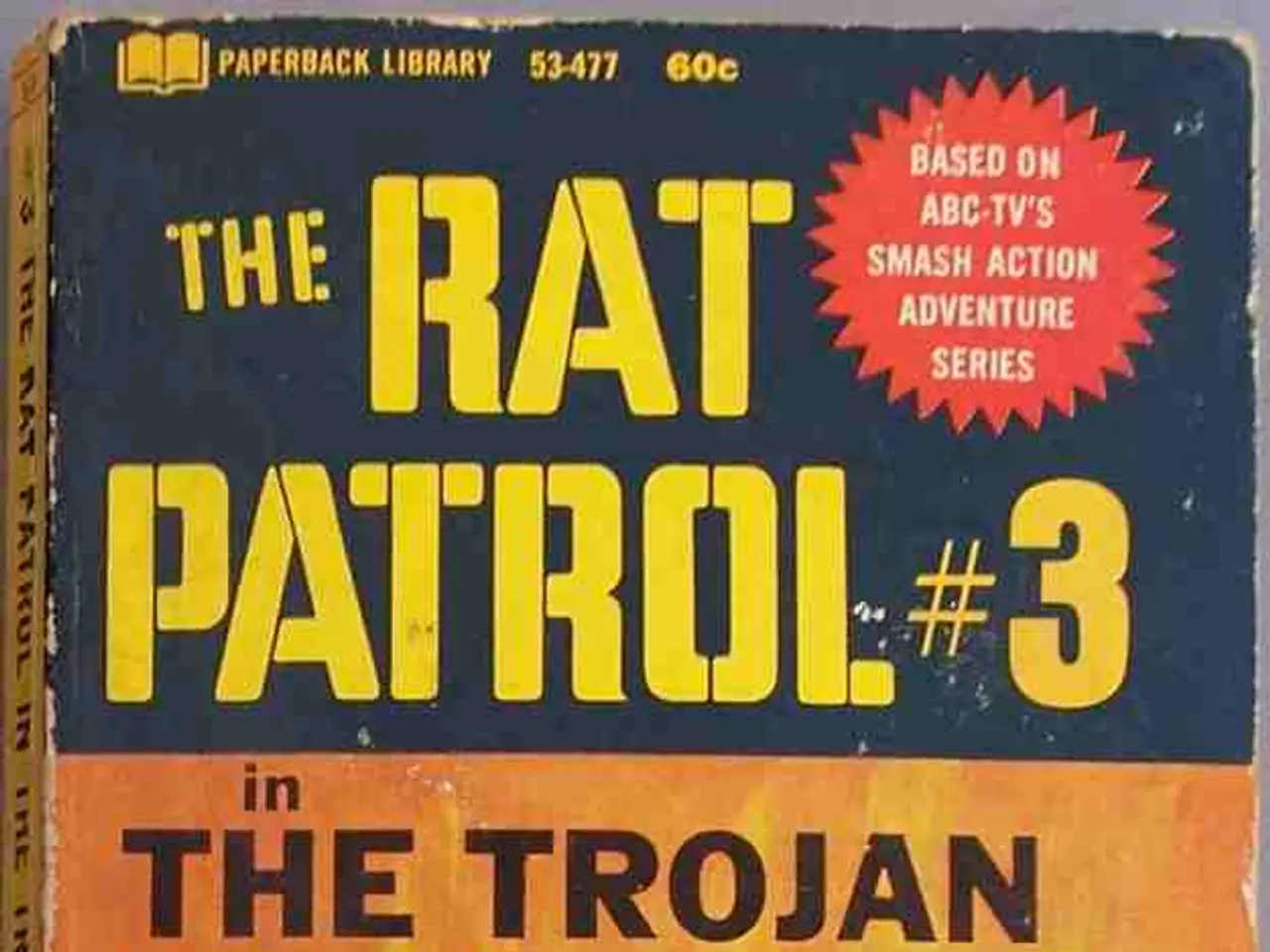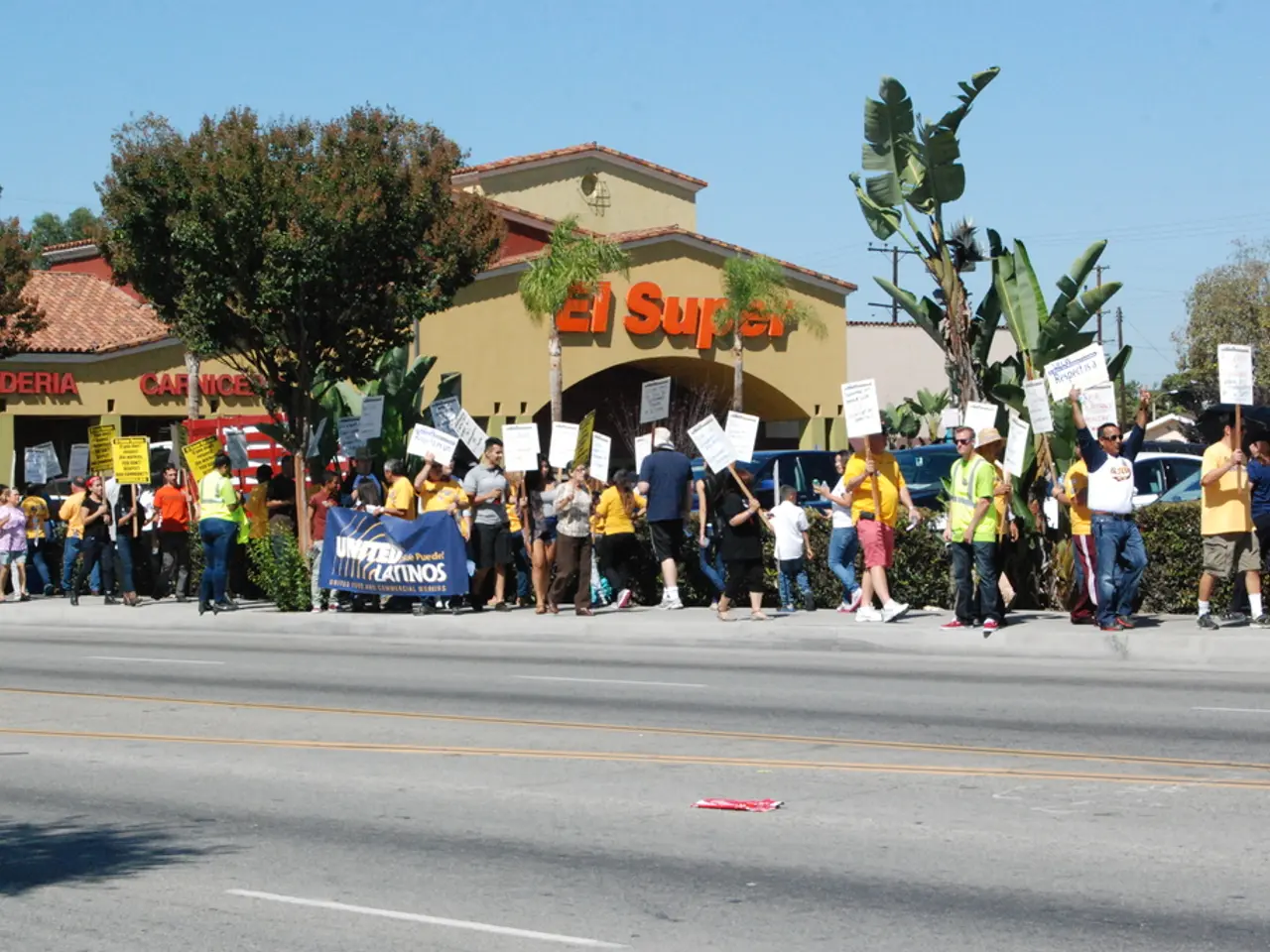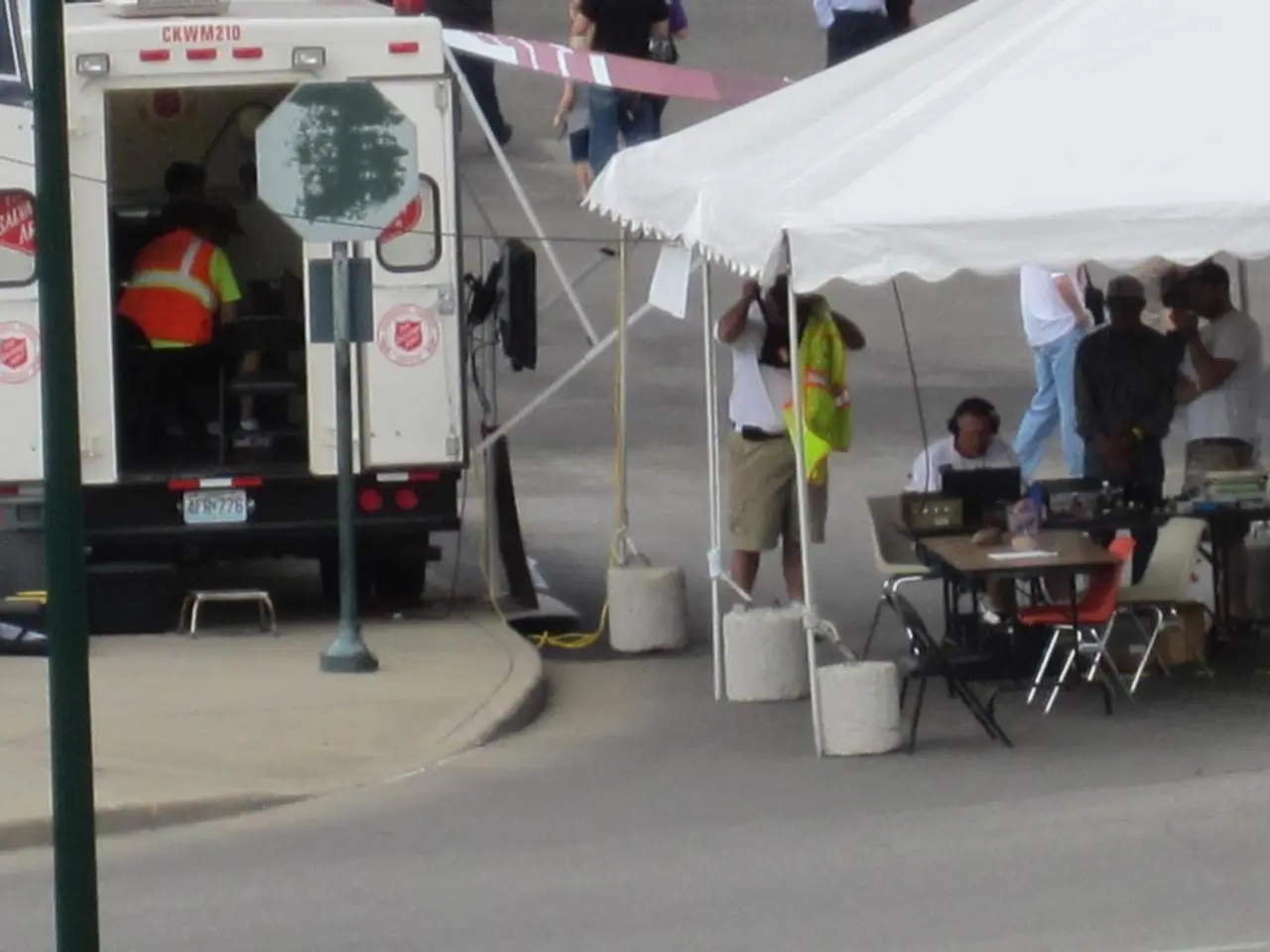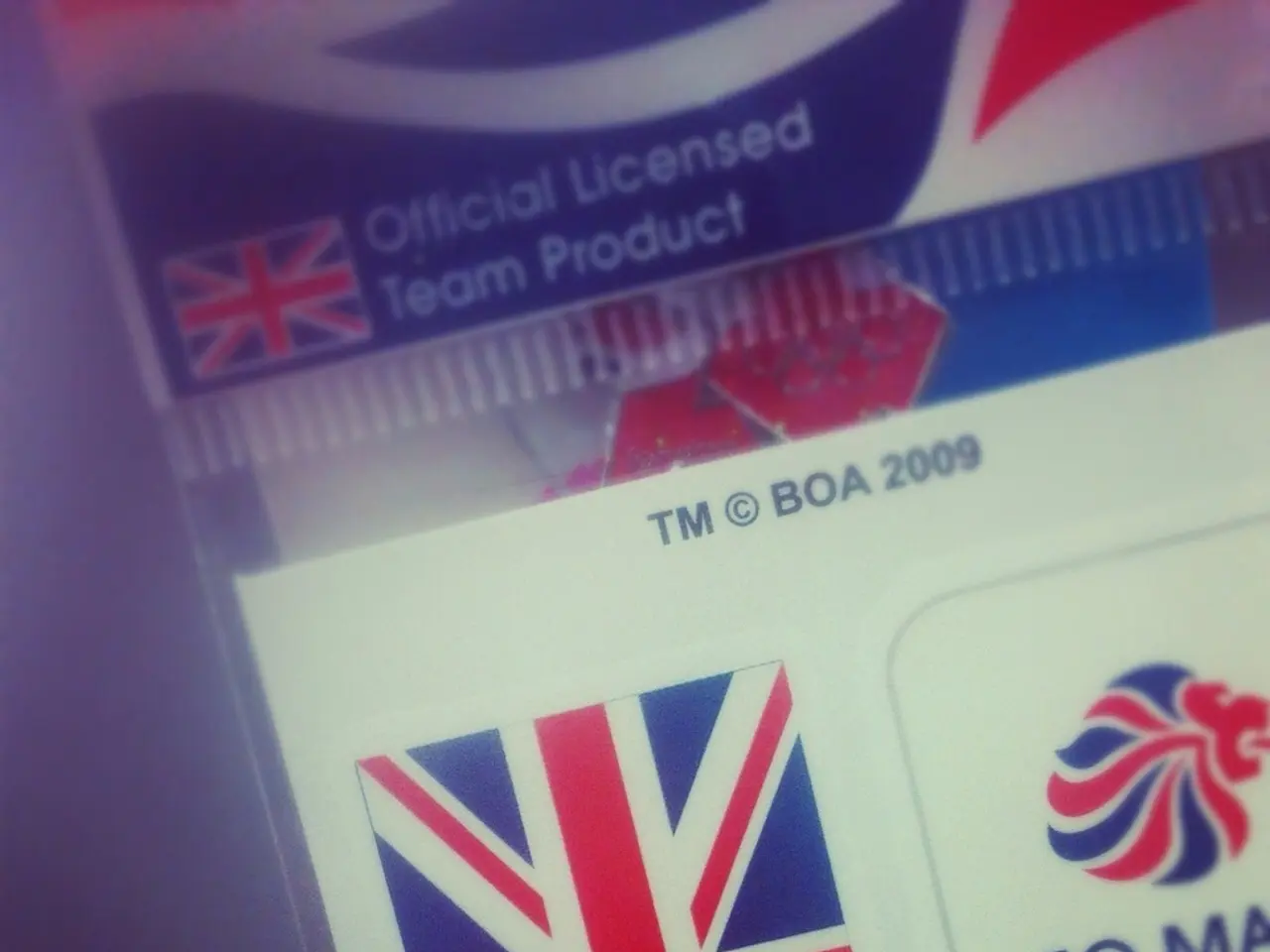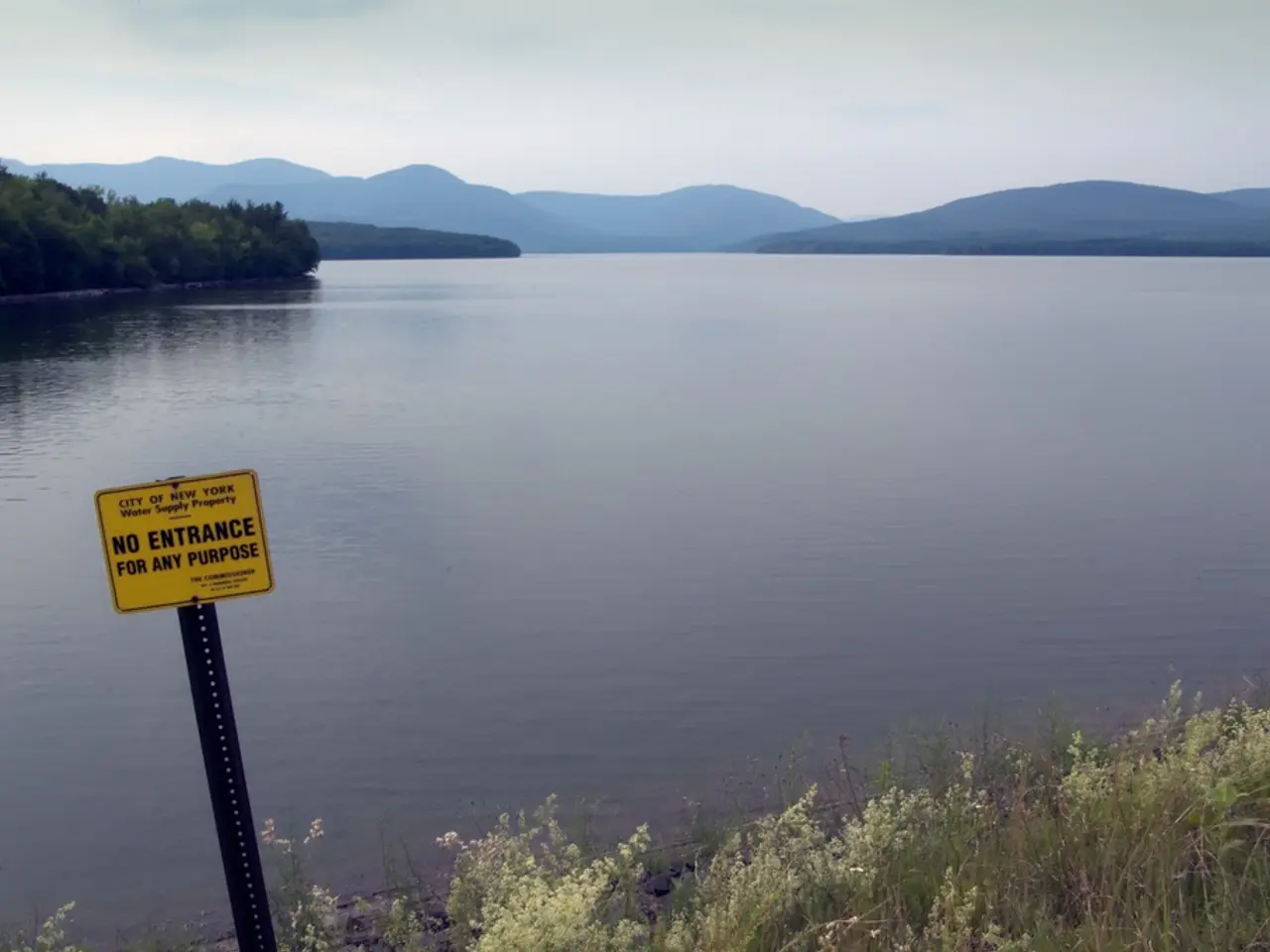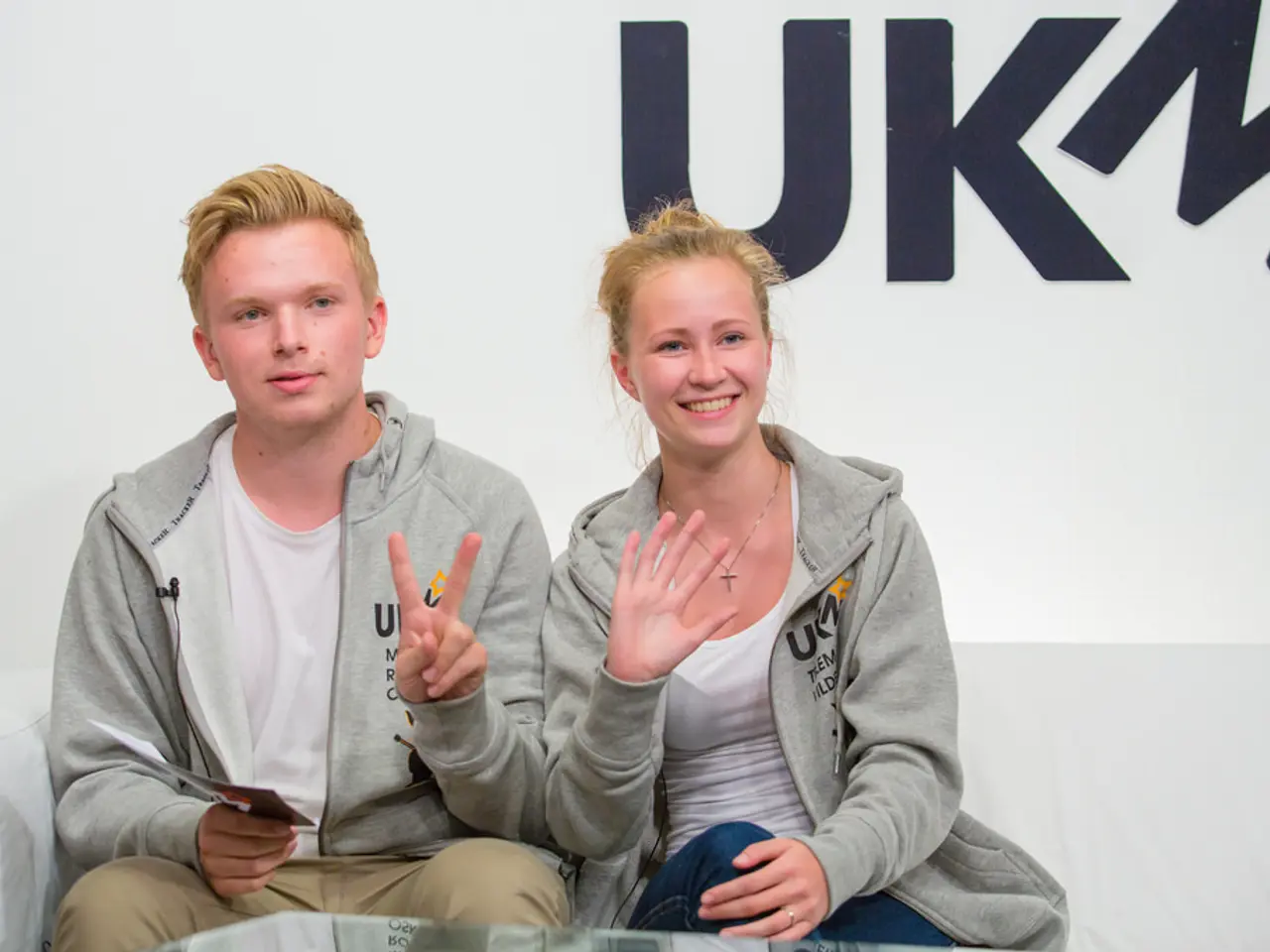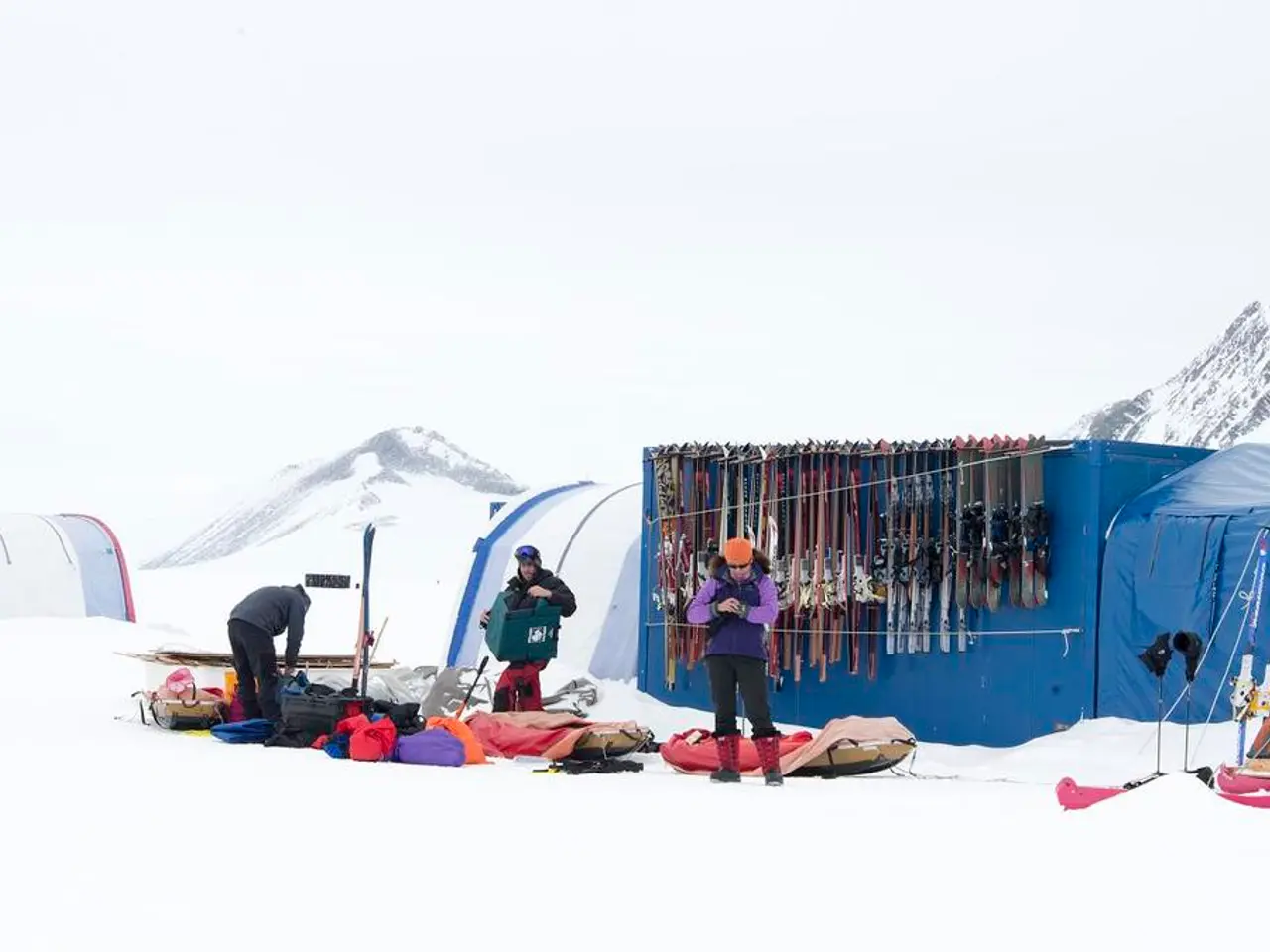Eastbound clashes erupt again in the eastern region, this time involving M23 rebels and government-backed militias, in spite of ongoing peace negotiations.
The peace efforts between the M23 rebels and Wazalendo forces in Eastern Kivu, Democratic Republic of Congo (DRC), remain fragile and inconclusive as of late July and early August 2025. Despite a preliminary peace agreement being signed on July 19, 2025, significant core issues remain unresolved, particularly around territorial control and the presence of M23 in occupied areas.
Clashes between M23 and Wazalendo forces have continued in multiple territories, including Walungu, Masisi, and Rutshuru, as well as in the capital of South Kivu, Bukavu, which is currently under M23 control. The town of Kamakombe in South Kivu province has also been a site of conflict, with the M23 managing to occupy half of the locality before being repelled by the Wazalendos. Reports of casualties in these clashes have been reported, although specific numbers have not been disclosed.
The peace negotiation process, mediated by Qatar and involving the US, is under significant strain. While scheduled negotiation rounds were planned for early to mid-August 2025 to address root causes such as territorial disputes and ethnic tensions, the DRC government has rejected integrating M23 forces into their institutions, demanding unconditional withdrawal of M23 personnel. The UN assessment in July 2025 indicates skepticism about M23’s commitment to genuine peace and notes their intention to establish autonomous governance with Rwandan support in occupied areas, further complicating negotiations.
The M23, led by Corneille Nangaa, has no intention of withdrawing from territories under its control in the eastern region of Kivu. In fact, Nangaa has stated that the return of the Congo River Alliance (ACR) to a new round of talks is "completely off the table." The ACR has suspended its participation in talks until the Congolese government releases unjustly detained individuals, as stipulated in the initial declaration of principles.
Renewed military deployments and accusations of preparation for offensives by both sides risk derailing the peace talks. M23 has denounced the DRC’s troop reinforcements as insults to the peace process, and both sides continue to prepare for potential conflict.
In summary, while a ceasefire agreement exists and negotiations continue under international mediation, the ongoing military clashes, deep-rooted disputes over territorial control, and mistrust between parties maintain a highly unstable peace environment in Eastern Kivu between M23 and Wazalendo forces as of August 2025.
The ongoing military clashes between M23 and Wazalendo forces in Eastern Kivu, DRC, are a general news item of global concern, given the fragile and inconclusive peace efforts. The international community, including the US, is closely monitoring the war-and-conflicts situation, as the peace negotiation process is under significant strain due to unresolved core issues such as territorial control and ethnic tensions.
